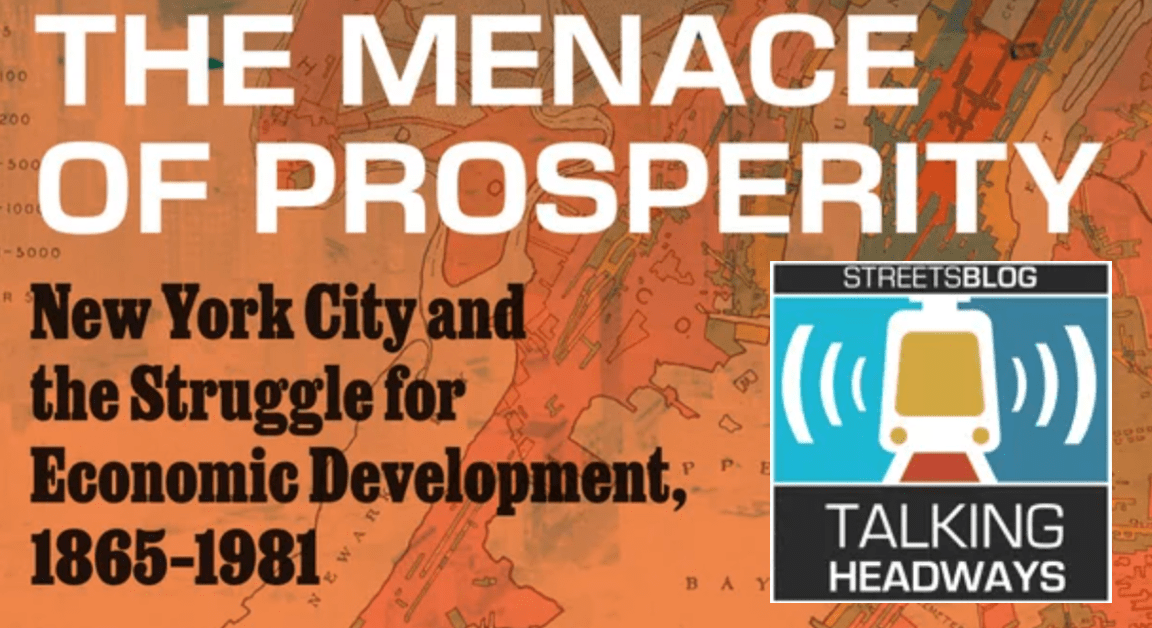- Texting while driving is a primary offense for Missouri teens, but very few tickets are getting written (STLToday)
- More evidence that transportation stimulus spending is viewed through the prism of job creation -- not sustainability or connectivity (CNN Money)
- Dispute over hiring of local workers for the stimulus law's largest Amtrak project sparks controversy in Connecticut (The Day)
- The Twin Cities' Central Corridor rail line is set to get three new stops (Finance & Comm.)
- Denver planners are looking anew at HOT lanes and toll roads amid a state budget crunch, but still holding out hope for federal stimulus money (Post)
- Trucking groups gin up grassroots opposition to tolling on Pennsylvania's I-80 (Land Line)
- Electric car-charging company Better Place draws a massive $350m investment (GreenBeat)
Streetsblog
Today’s Headlines
Stay in touch
Sign up for our free newsletter
More from Streetsblog USA
Workers Remind Philadelphia Pols That Transit Cuts Kill
A top union boss warns that service cuts don't only inconvenience riders.
Tuesday’s Headlines Are For the Children
Kids used to play in the streets, but no more. Streets are for cars, and kids are confined to playgrounds.
Friday Video: The Massachusetts Company That Traded the Trash Truck For a Bike
This small worker-owned cooperative is reimagining how to do recycling, composting, yardwork and more — no diesel required.
Friday’s Deadly Headlines
Reducing our reliance on fossil fuels would bring immediate health benefits for hundreds of thousands of people.
Commentary: The Real Reason Trump Opposes High-Speed Rail Isn’t About Trains; It’s about Power
This is about petroleum versus renewable electric power.
Talking Headways Podcast: The Menace of Prosperity
Daniel Wortel-London on his new book, "The Menace of Prosperity: New York City and the Struggle for Economic Development, 1875–1981."





